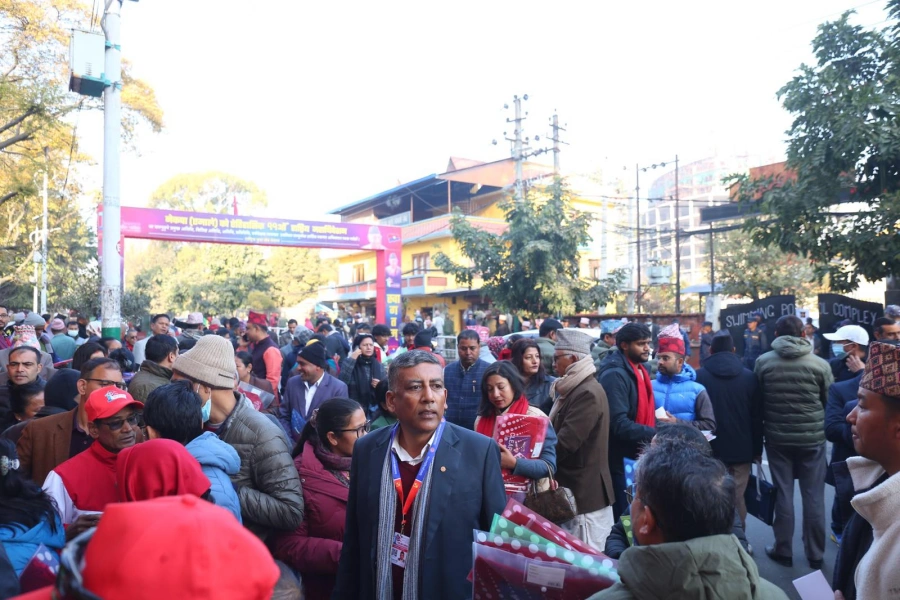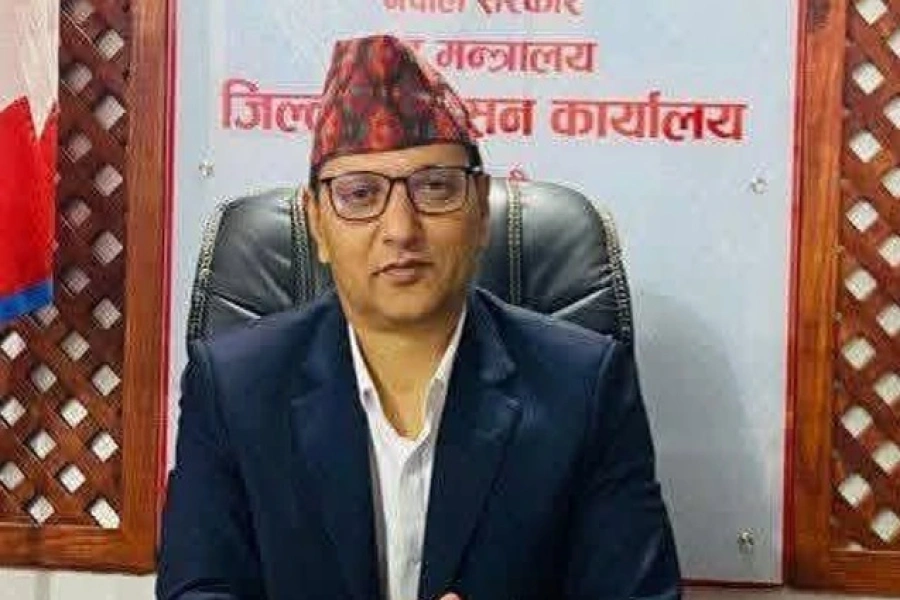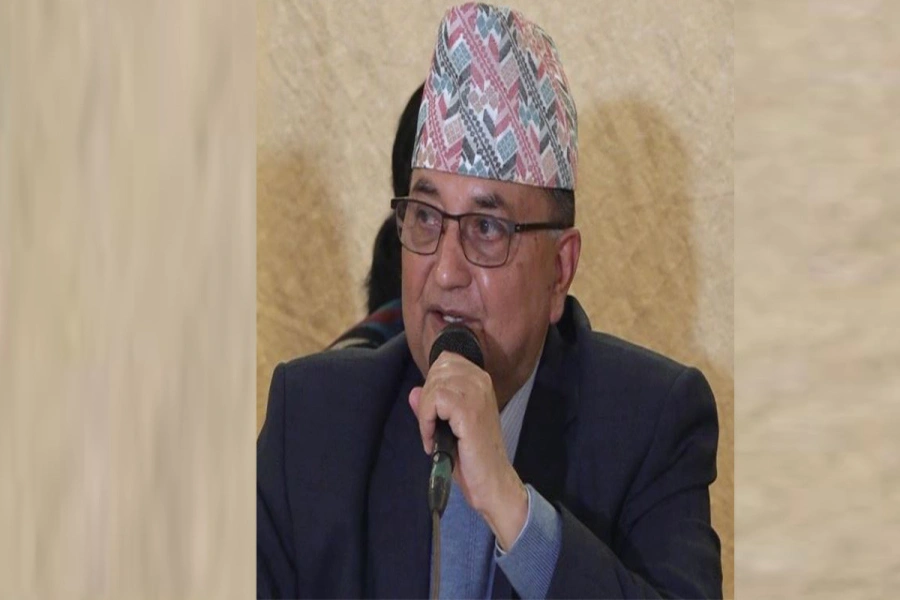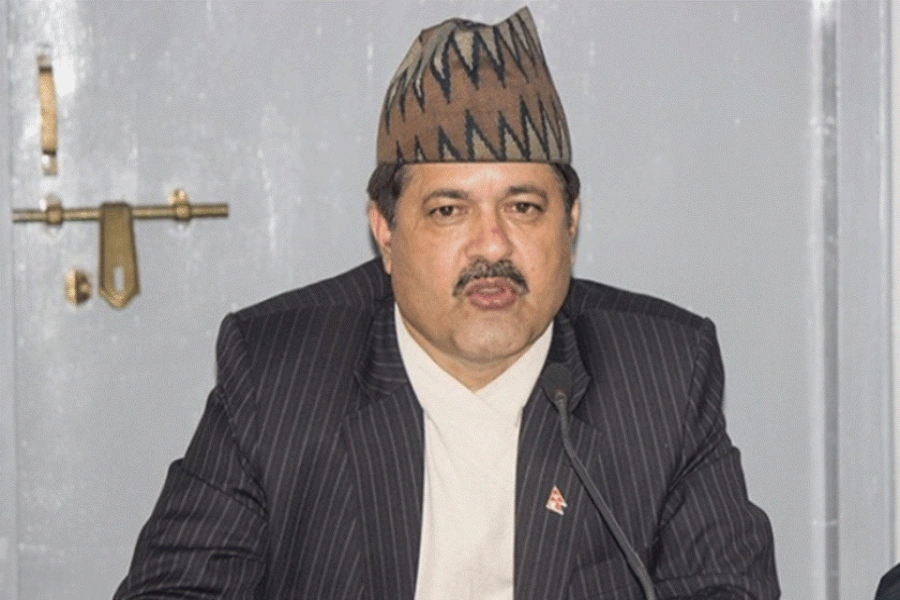KATHMANDU, Jan 6: The Sukraraj Tropical and Infectious Disease Hospital has reported that the health of the Mpox-infected patient, admitted to the hospital since last week, is improving.
Dr Shivendra Jha, the Mpox contact physician at the hospital, reported that the patient's wounds are healing. The 44-year-old patient returned to Nepal from Saudi Arabia last Saturday. He entered his home with the wounds and sought treatment at the hospital the following day. Tests confirmed that he was infected with Mpox.
The hospital has admitted its third Mpox patient. A 36-year-old man from Saudi Arabia, who returned to Nepal two weeks ago, has recovered and been discharged. In mid-June, a 60-year-old foreign tourist was also confirmed to have Mpox. The currently admitted patient, originally from Sindhuli, lives in a rented accommodation in Swayambhu, Kathmandu, and has been working in Saudi Arabia for an extended period.
Mohan Vaidya's health shows significant improvement

The doctor reported that the patient's wounds have not worsened, and he is receiving treatment in isolation. Dr Jha said the patient will be discharged only after 10 more days. Mpox is caused by the "Orthopox" virus, which spreads through sexual contact, close contact, or saliva droplets. Symptoms of the infection appear within one to three weeks after exposure.
This infection causes symptoms such as fever, sores around the genital or anal area, red eyes, skin rashes, and mouth sores. Doctors may isolate patients exhibiting these symptoms for 21 days to apply ointment to their sores, provide oral medication, and prevent the infection from spreading to others.
Dr Yadu Chandra Ghimire, director of the Epidemiology and Disease Control Division, stated that both infected individuals returned to Nepal after failing to receive treatment abroad. Since both patients came from foreign employment, Dr Jha, the Mpox contact physician at Teku Hospital, explained that the risk of infection is higher among those going for foreign employment. He also noted that individuals with early symptoms are more likely to go directly home or mingle with others, increasing the risk of spreading the infection.
The government has designated 14 hospitals across the country for Mpox treatment to reduce this risk. He advised individuals with any symptoms not to hide the disease. "If any symptoms appear, do not hide them, you must go for testing," he said.
Dr Jha explains that individuals with symptoms can spread the infection if they mingle in the community or at home, so the infected person's positive actions are crucial for controlling the spread. Dr Ghimire, director of the Division, states that the risk of Mpox infection is higher from countries like Africa and Congo, where Mpox is prevalent, and lower from other countries. He also points out the risk of Mpox among Nepali Army personnel going to these countries, as there is no information available about the infections there.



































